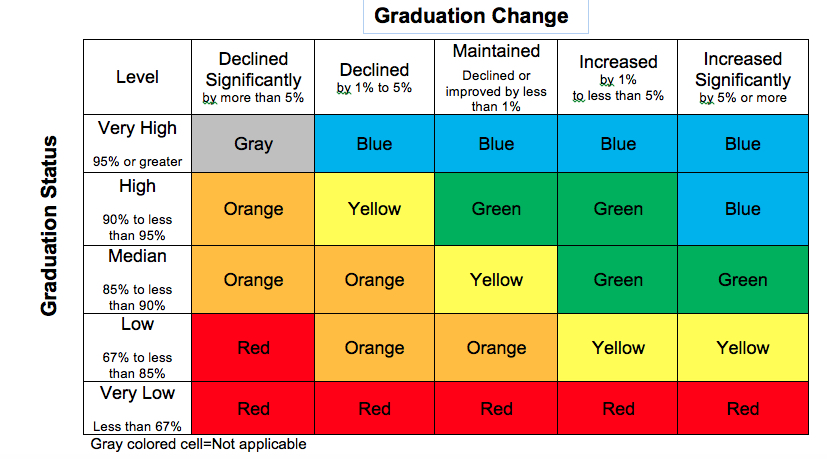Once in place, will school accountability system really work?


The State Board of Education spent two years creating a new district and school accountability system – revising multiple drafts in response to thousands of public comments – before adopting it in September.
The plan is ambitious in concept and impressive on paper, but passage was the easy part. Now comes the big challenge for districts and schools: to use data they’ll get to engage the community, set achievement goals, take steps to improve, track progress, and change course when results don’t measure up.
That’s what advocates of the system, like Stanford University education emeriti professors Linda Darling-Hammond and State Board of Education President Michael Kirst call “continuous improvement.” After more than a decade of a prescriptive federal accountability system under the No Child Left Behind law and three years of no state accountability system, most observers agree the switch is a tall order, with no sure path to success before the next pendulum swing of education reform topples it.
Many issues remain unresolved and many variables are at play. Here are 10 questions whose answers may determine whether the new system will make a difference.
1. WILL THE PUBLIC AND THE FEDERAL GOVERNMENT EMBRACE THE DATA?
The new accountability system measures performance on a half-dozen statewide indicators, including test results in reading and math, how well English learners are learning English and college and career readiness. There are four “local” indicators based on goals that districts will set. They include parent involvement and school climate.
The state board believes all indicators are important, either as measures of achievement – or, with school climate and suspension rates, as conditions underlying achievement – and should be weighed equally. Some advocacy groups and the U.S. Department of Education, in its draft regulations, favor emphasizing test scores in designating the lowest-performing schools and argue that for parents’ sake, an accountability system should summarize performance with a number or letter. Early in 2017, the state board will publish school report cards, and will then be able to gauge parents’ initial reactions.
